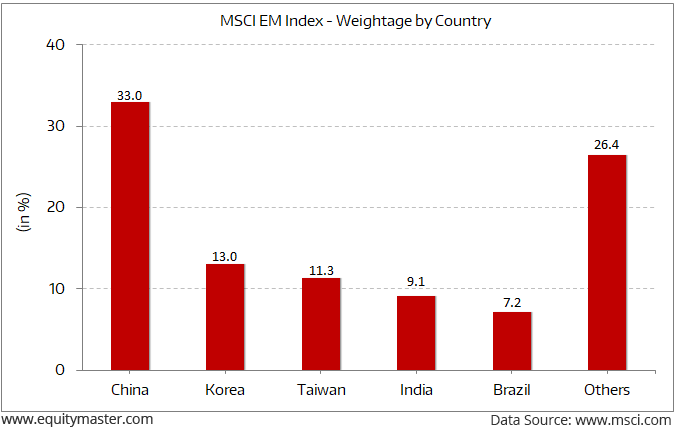India's Third Giant Leap
This Could be One of the Biggest Opportunities for Investors
- Home
- Todays Market
- Indian Stock Market News September 11, 2019
Sensex Trades Higher; Yes Bank and Tata Motors Top Gainers Wed, 11 Sep 12:30 pm
Stock markets in India are presently trading on a positive note. The BSE Sensex is trading up by 177 points and the NSE Nifty is trading up by 30 points. The BSE Mid Cap index is trading up by 0.7%, while the BSE Small Cap index are trading up by 1.2%.
Among the sectoral indices, IT stocks, FMCG and telecom stocks are witnessing selling pressure. Realty stocks and automobiles stocks are trading in green.
In the news from the currencies market. The Indian rupee opened lower today at 71.84 versus Monday's close of 71.70.
The rupee on Monday erased initial gains and ended flat at 71.71 against the US dollar on Monday owing to rising crude oil prices.
Higher crude oil prices on easing trade tension worries as well as foreign fund outflows dragged the local unit.
The rupee has outperformed all currencies of major economies, except the Japanese yen.
However, the concern is that FPIs are net sellers as they net sold shares worth Rs 34.4 billion in the past four trading sessions.
One of the major reasons for the weakness in rupee is FPIs pulling out funds.
The reason for this are many.
From slowdown in the economy to the budget...
But, can the real reason be external?
In March this year, the Morgan Stanley Capital International (MSCI) announced it would increase the weightage of Chinese A shares (stocks trading in mainland China) by 4 times. These shares form around 10% of total Chinese shares in the index.
FPIs investing in passive funds follow the MSCI EM index for investments in emerging markets.
A comparison of India's weightage with China in the MSCI EM index provides us clues on the recent outflows from FPIs.
It also explains the announcement to reduce promoter shareholding in the budget.
Will we see a similar FPI inflow into Indian stocks?
Will India be the Next Hot FPI Destination?
Looking at the recent inflow into the Chinese stock markets, it seems very likely.
Moving on to the news from the pharma sector. As per an article in a leading financial daily, Sun Pharmaceutical Industries' Netherlands-based arm has fully acquired PJSC Biosintez, Russia by purchasing 3.04% stake in the company under the mandatory tender offer.
The company's subsidiary, Sun Pharma (Netherlands) BV already had 97% stake in pharma firm PJSC Biosintez prior to the purchase of these shares.
Post the purchase, Sun Pharma (Netherlands) BV's shareholding in the target entity has increased from 97% to 100%.
Reportedly, the total cost of acquisition is US$815,202.
PJSC Biosintez is mainly engaged in the manufacture and marketing of pharmaceutical products used in hospital segment of the market. The company has presence in Russia and CIS countries.
To know more about the company, you can access to Sun Pharma's Q1FY20 result analysis and Sun Pharma's 2018-19 Annual Report Analysis on our website.
At the time of writing, Sun Pharma share price was trading down by 0.4%.
To know what's moving the Indian stock markets today, check out the most recent share market updates here.
For information on how to pick stocks that have the potential to deliver big returns, download our special report now!
Read the latest Market Commentary



Equitymaster requests your view! Post a comment on "Sensex Trades Higher; Yes Bank and Tata Motors Top Gainers". Click here!
Comments are moderated by Equitymaster, in accordance with the Terms of Use, and may not appear
on this article until they have been reviewed and deemed appropriate for posting.
In the meantime, you may want to share this article with your friends!